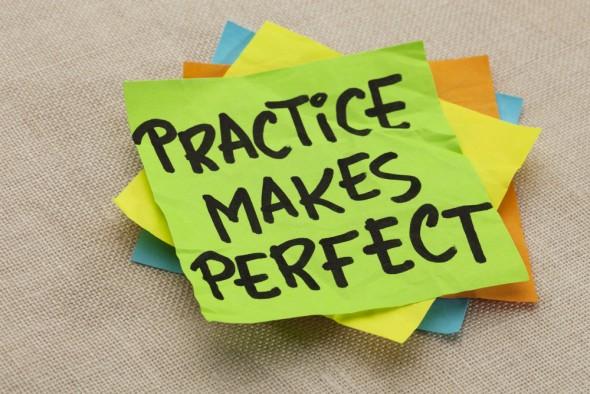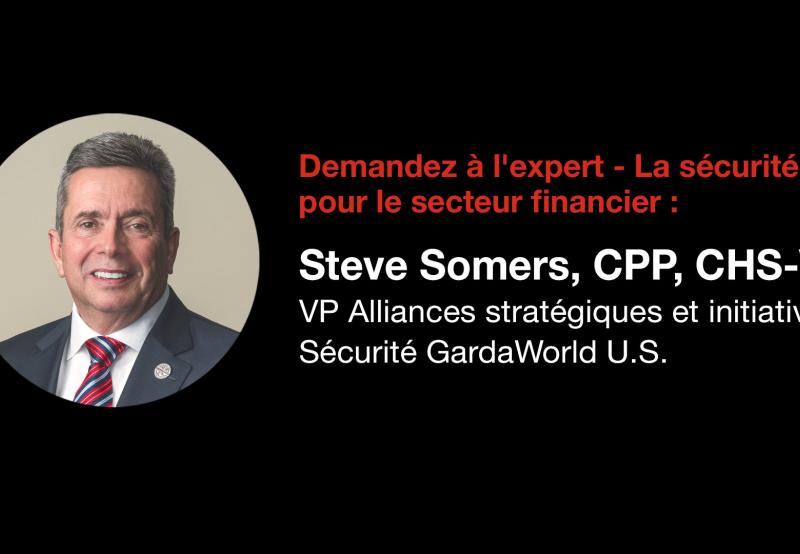
When the legendary pool player known as Minnesota Fats was asked how he got so good, he supposedly said simply, “Practice. Practice. Practice.” His thinking also drives our training philosophy. That’s because we want our security officers to be able to reflexively know the right thing to do in a particular situation, whether it’s a medical emergency, a break-in or some other threat.
Developing reflexes. This kind of reflexive knowledge comes via one or a combination of three ways: intuition, training and experience. At GardaWorld, we work to maximize all of these in our security officers through proper hiring and education. We want our officers to be able to handle the worst situations, while also acting in the best interests of everyone involved in any situation that needs their attention.
For example, when GardaWorld screens applicants for its Protective Services group, we look for traits that would indicate that a person has the intelligence to quickly assess a situation and then think clearly and determine the best course of action.
Once hired, we then train them rigorously in their options, so that they can respond reflexively when a situation requires and appropriately for the circumstances. Many of our officers might have prior experience from prior occupations, such as the military, which can be beneficial. Otherwise, experience comes with time on the job.
Poor training can raise risk. Companies that field poorly screened and lightly trained individuals can actually raise their risk levels because those “guards” may do the wrong thing in a given situation, making the situation worse.
Perhaps someone’s causing a disruption at a private corporate event. Instead of defusing the scene and moving the person to the sidelines and out of the immediate surroundings, then addressing the problem, an untrained or lightly trained decides to confront the troublemaker, escalating the situation into a physical fight. Another guest gets hurt in the brawl and the host company gets sued.
Asking the right questions. When evaluating any security company, you should ask about the kinds of training that they give their people. Ask questions such as:
-
How would your security officers respond to different threat levels?
-
What kinds of safety, security and emergency first-aid protocols would they use?
-
How would they keep situations from escalating? How would they deflate ones that already have escalated?
-
Do they know how to react with regard to public laws and regulations? What do they consider to be excessive force?
-
Do they know to operate most major fire and security systems, including video surveillance?
-
If relevant, are they trained in handling the risks of a particular industry, such as hazardous chemicals in an industrial environment?
These are kinds of training questions that should be part of any request for proposals to security companies. That’s because the quality and quantity of training should be a critical factor in choosing your security provider. After all, you don’t want to learn later – after the fact, when it’s too late – that your private security detail didn’t know what to do in a bad situation or, worse, did the wrong thing. The consequences of that can hang over a company for months or even years in the form of litigation and, depending on the industry, potentially increased regulatory oversight.
* * *
Visit GardaWorld Career Development Centre to learn more about our training programs.








